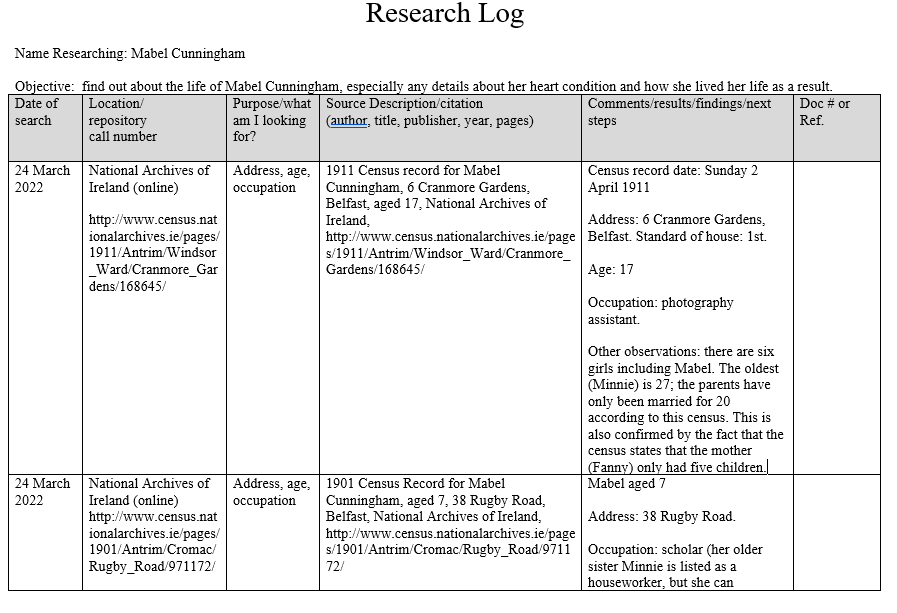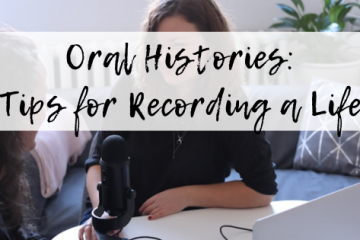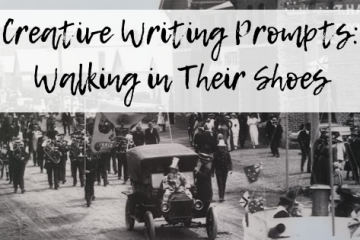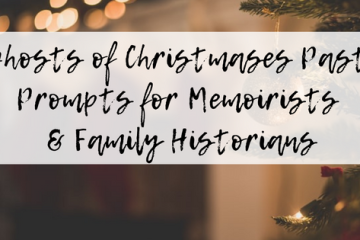
Are you researching your family history? If so, do you keep a research log?
I do now, but only after learning the value of them the hard way—by not having one.
I had been researching my ancestors for about fifteen years, having a grand old time uncovering all sorts of details about generations past—discovering not only a few skeletons in the closet and a number of missing ancestors, but correcting a few errors in the family tree along the way.
This was particularly true with my Irish ancestry after discovering Irish Genealogy, a wonderful free resource offering digital copies of birth, death and marriage records. I downloaded a plethora of images and saved them in a folder on my computer somewhere.
Then I changed computers about the same time that I stepped away from researching that branch of the family for a while. When I came back to it, I had a vague recollection of who I’d previously discovered, but I’d forgotten exactly what I’d found and where I found it. Apart from what was already on my family tree, I essentially had to start from scratch.
By now, though, I’d heard about research logs and decided to keep one. What a difference it made!
There’s no single correct way of keeping a research log, just the way that’s right for you (although there are some essential ingredients common to most of them).
Family Search has a downloadable PDF that you can print out or fill in on the screen.
Janine Adams uses Evernote to keep what she calls an informal research log. She believes that “making it easy enough so I’ll actually do it trumps making it more complete”.
One of my students recently adapted Janine Adam’s format, but used a notebook and wrote by hand because she didn’t always have easy access to a computer but could always guarantee she had a notebook with her.
Kerry Scott also uses Evernote, but says that “the platform isn’t important; the discipline of recording all of your research is what matters most”.
Thomas MacEntee uses a detailed Excel spreadsheet, which he is happy to share via a download (you will need to scroll down his long list of resources until you find the one titled ‘Genealogy Research Log (Excel download)’…
And for me, I’ve gone for a table in a Word document, which combines a number of the common elements of the examples mentioned previously and includes:
- date of search—the research log is in order of date searched rather than my ancestor’s life chronology.
- location/repository— if possible I also include a URL for easy return to the site, but it could also be the call number of a book in a library.
- purpose—what exactly am I hoping to find?
- citation/reference—this not only helps me locate the information again (or check whether more information has been added), but it helps future researchers find and verify the details too.
- results, comments and next steps—this includes what I didn’t find as well as what I did find. This helps me remember what I’ve already tried and to think of new angles or different search terms.
- document number or reference if relevant—i.e. where I can find a digital copy on my computer e.g. “Cunningham Mabel 1 birth record”—this means that it is in the folder about Mabel Cunningham, it’s the first record/image and it’s a birth record.
Here is the first page of my research log for my great-grandmother’s sister Mabel, who I recently began researching.

I will always keep a log of my research from now on. Not only can I remind myself what I already know, it can point to what I still need to find out. Digital research logs—whether it’s using Evernote, Excel, Word or something else altogether, are usually searchable and can be rearranged to form a basic chronology of a life.
As well as a separate research log for each ancestor I start researching, I’ve also begun to keep research logs on particular places. For example, with Mabel, I might want to know what it was like for her living in Belfast in the early decades of the 1900s. For example, I realised that she and her family were living close to the docks where the Titanic was being built. By keeping a log what I find out about Belfast during those years will later help me write about Mabel within her historical setting and context.
I’ve mentioned just a few examples. I encourage you to explore them, or simply google family history research logs and discover what others are doing. What works for me may not be the one that suits you.
Ultimately, remember this: the best research log is the one you are going to use.
Over to You
Do you already keep a research log? If so, which format did you choose and why?
If you are just realising the value of research logs, which format do you think you would like to use? (It’s okay to experiment until you find the one that suits you best.)




I use a similar process in researching historical events. I use OneNote. I was fortunate to have a Christopher Cheng teach me this method. It stands the test of time when memory fails!
I don’t think I’ve ever used OneNote – is it easy to set up? Would love to see an example of yours!